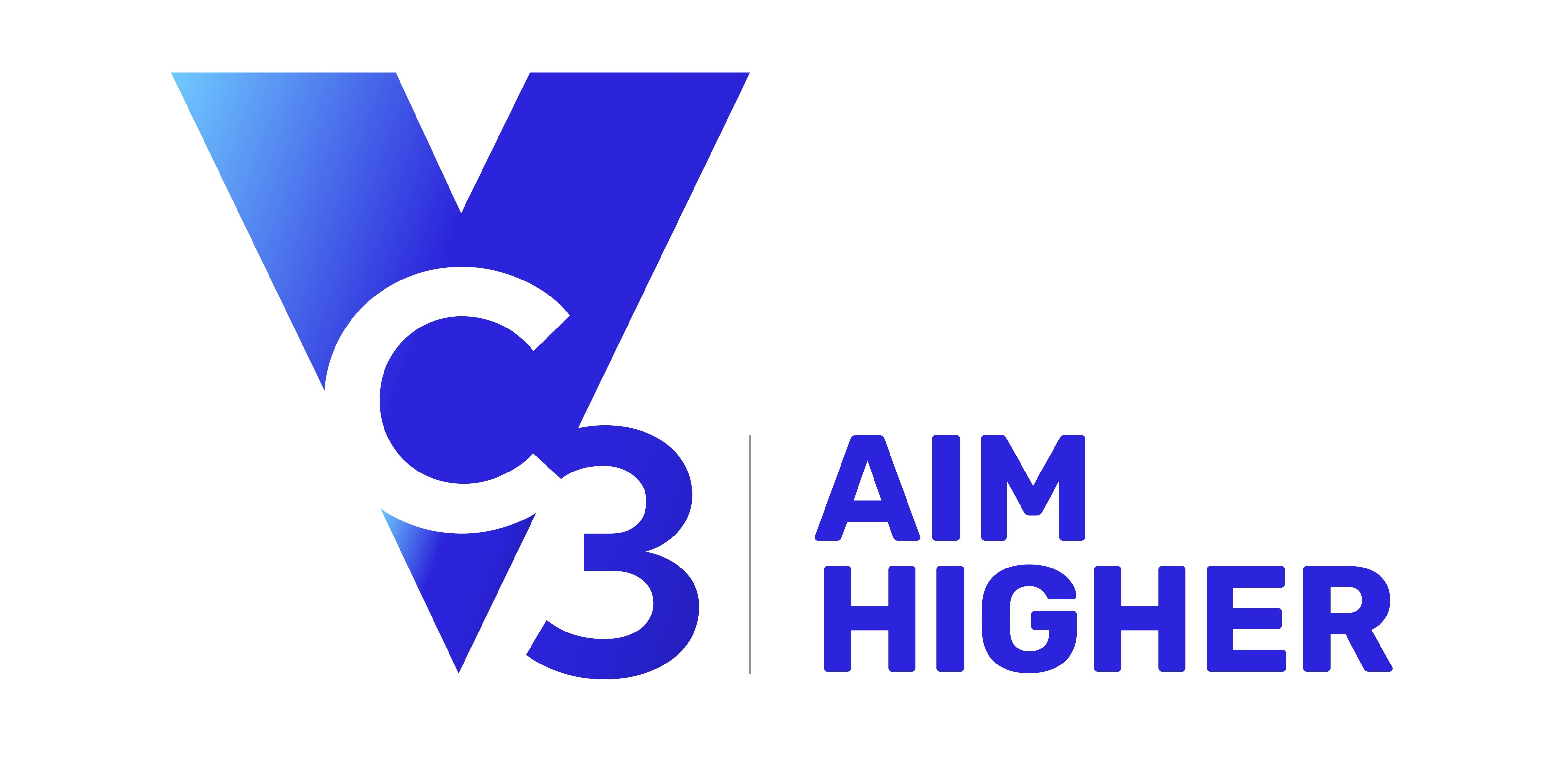The following bills with municipal impact went into effect on October 1, 2023. Please contact any member of the MML Advocacy team with any questions.
SB 310 / HB 378 - Natural Resources - Black Bear Damage Prevention and Reimbursement Fund – Uses
Senate Bill 310 (passed) renames the fund to be the Black Bear Damage Prevention and Reimbursement Fund and authorizes its use for projects that seek to prevent damage caused by black bears and reduce conflicts between humans and black bears through nonlethal methods. Entities eligible for grant funding include local governments, parks and recreation departments, landowners, farmers, businesses, tribes, institutions of higher education, and nonprofit organizations. The bill authorizes an annual appropriation of at least $50,000 for the fund and total grant funding for conflict reduction projects must be capped at an amount that leaves at least 10% of the total annual appropriation provided to the fund available for black bear damage reimbursement. Lastly, the bill increases the maximum amount a person may be reimbursed from the fund per year for damage caused by black bears from $3,000 to $5,000.
SB 470 / HB 631 - Natural Resources - Land Conservation - Establishment of Goals and Programs (Maryland the Beautiful Act)
In addition to the retention of forestland, the State also encourages economic management and scientific development of its forests and woodlands to maintain, conserve, and improve the soil resources of the State so that an adequate source of forest products is preserved for the people. Chapter 284 of 2021 established a State goal of preserving a total of 1,030,000 acres of productive agricultural land by 2030, through local land preservation programs and several State programs. Senate Bill 470 (passed) establishes additional conservation goals for the State, the 40 x 40 Land Conservation Implementation Grant Program, and a Local Land Trust Revolving Loan Program. The bill additionally authorizes specified annual stewardship grants.
Regarding the additional conservation goals, Senate Bill 470 establishes the intent of the General Assembly that (1) by 2030, 30% of lands in the State be conserved and (2) by 2040, 40% of lands in the State be conserved. The bill also requires the Maryland Environmental Trust to administer a 40 x 40 Land Conservation Implementation Grant Program to support implementation of the conservation goals established by the bill. Grants must be awarded each year on a competitive basis to a nonprofit organization that focuses on supporting the permanent conservation of the lands of the State.
The Local Land Trust Revolving Loan Program established by the bill is intended to (1) support the efforts of local land trusts that work with State and local governmental entities and (2) provide revolving loans to land trusts on a rolling basis to assist the land trusts to purchase fee simple or easement interests in real property for conservation purposes. The bill also establishes the Local Land Trust Revolving Loan Fund to finance the Local Land Trust Revolving Loan Program and the Land Preservation Rapid Response Advisory Committee to review and prioritize specified loan applications and make recommendations to the Board of Trustees of the Maryland Environmental Trust.
Senate Bill 470 authorizes the Governor, beginning in fiscal 2025, to include an annual appropriation of $235,000 in the budget bill for land stewardship capacity-building grants, land stewardship improvement grants, grants to land trusts, and citizenship stewardship grants. Lastly, under Senate Bill 470, general fund expenditures increase by $6.7 million in fiscal 2025, by $738,573 in fiscal 2026, and by ongoing amounts in future years. This estimate reflects funding for the loan and grant programs as well as costs associated with administering the programs.
SB 166 / HB 150 - Housing and Community Development - Adaptive Reuse
SB 166 (passed) establishes that adaptive reuse of a property to develop affordable multifamily housing is an eligible use of the proceeds of a loan for certain housing programs administered by the Department of Housing and Community Development (DHCD). However, if the laws or regulations governing a particular program establish more specific rules regarding the use of a loan for adaptive reuse, the more specific rules must apply. DHCD is required to notify applicants that adaptive reuse of a property to develop affordable multifamily housing is an eligible use of loan proceeds; however, the notification requirement does not apply to loan applications for any DHCD program that does not focus on housing (including programs within the Division of Neighborhood Revitalization).
SB 471 / HB 607 - Sediment Control Plans, Discharge Permits for Stormwater Associated With Construction Activity, and Notice and Comment Requirements
SB 471 (passed) requires the Maryland Department of the Environment (MDE) to review and update the specifications for sediment control plans by December 1, 2025, and every five years thereafter. By November 1, 2023, MDE must report to the General Assembly on its plans for reviewing and updating the specifications. The bill also establishes enhanced public comment requirements for construction activities located in certain sensitive areas, such as the Critical Area Buffer and specified areas identified by the Federal Emergency Management Agency (FEMA).



